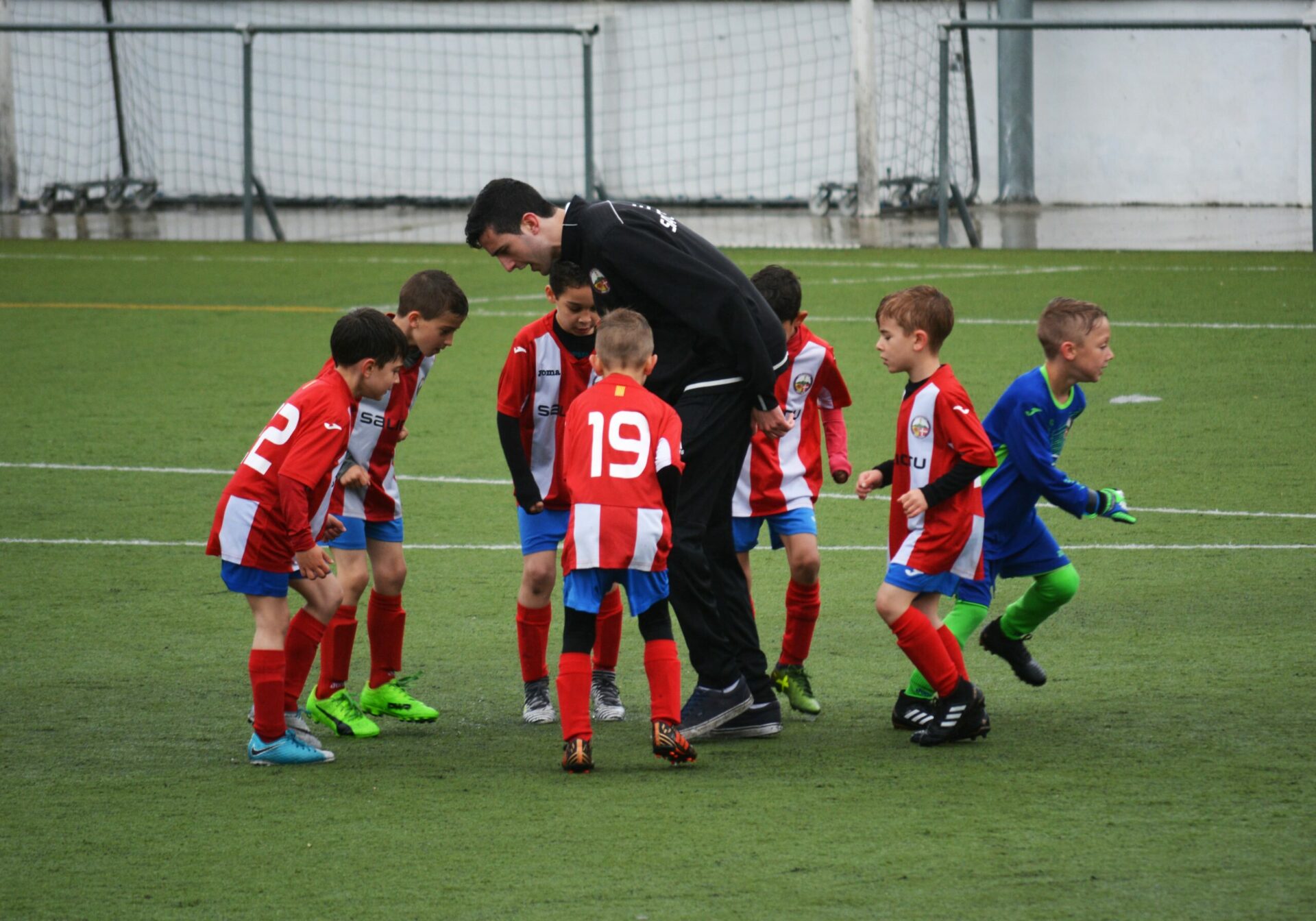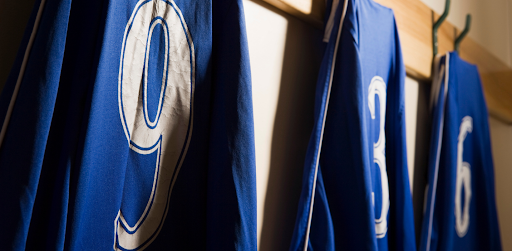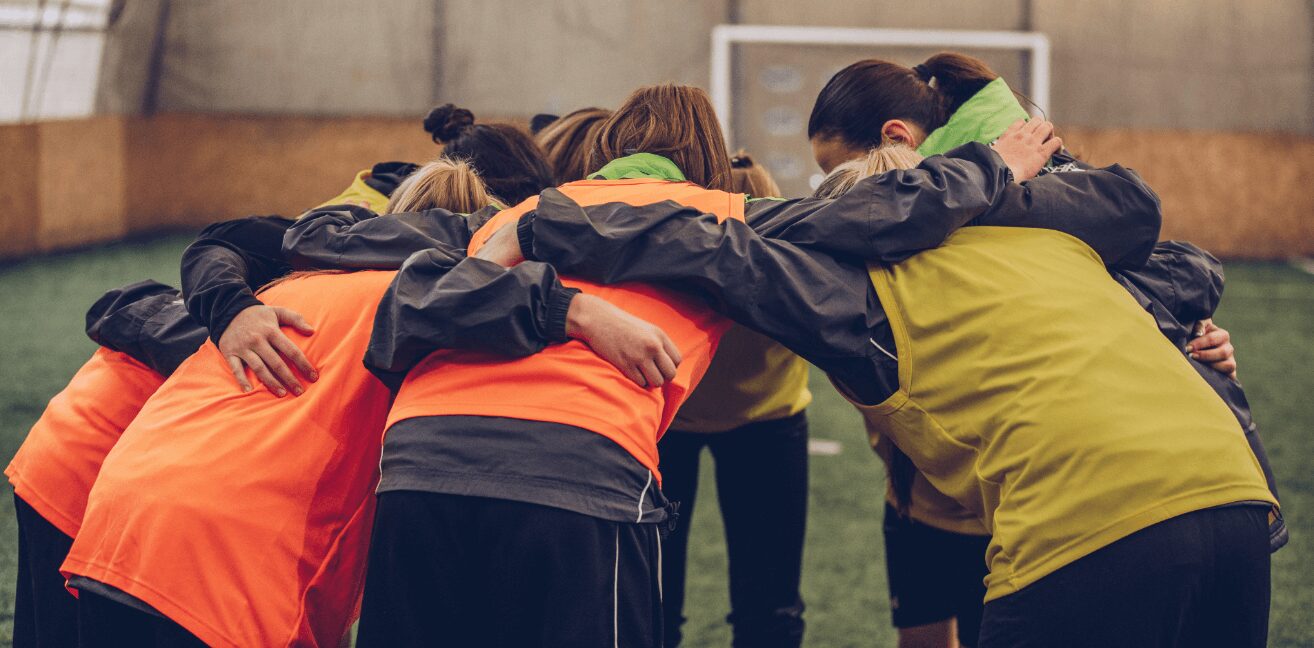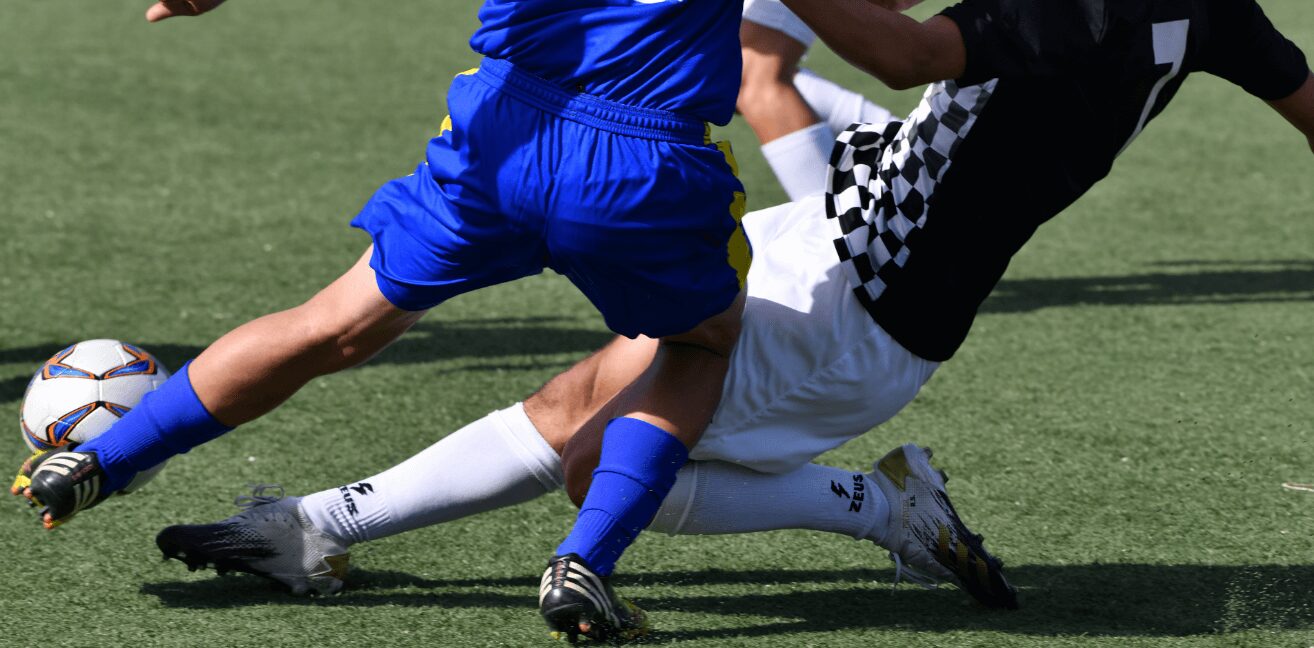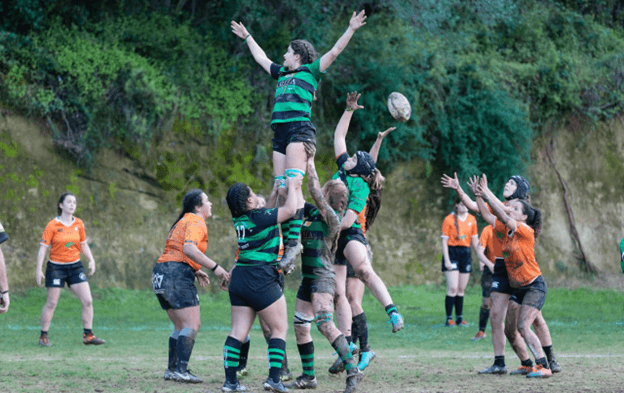
Teamwork and How to Encourage It
An evaluator for any team sport will look for good team play from each player. More importantly, teamwork is essential to playing well in any group activity, especially sports. How does a good coach encourage teamwork with their team? We have a few ways that you can work team skills and attitudes into your routine.
Team Activities
It’s important to give your team tasks and goals during practice that encourages them to work together. Practice is the most important time for teambuilding, so doing the right tasks and encouraging the right behaviours is crucial.
Start by giving the team an overarching mission, tangible or intangible, as an ultimate goal. By this, we mean that it can be something measurable like “score 20 points this season” and “reach the playoffs”, or it can be based on something that can’t be measured like “work hard in every practice” and “become team players”. Do something that seems appropriate for the level of players you are coaching for. If you aren’t sure what that should be right away, give it a couple of practices before committing to a decision. A prize at the end of all of this hard work can help inspire the team, as well!
Drills that encourage winning together will help enforce the right attitudes. You can divide your team into small groups and have them compete against one another in something that requires teamwork to succeed, such as scoring goals against the coach or running a successful play. There are plenty of activities like this for different sports, so look online for inspiration!
Smaller goals will help push the team toward success, but make sure that they’re goals that can only be accomplished together! Getting a certain number of yards in football, letting in only a certain number of goals, or maintaining possession for more than half of a game are great examples. They will help get your players into the mindset of helping the team succeed rather than thinking about themselves.
Assign roles to each team member and help them understand those roles. Be sure to encourage the importance of that role in turning the team into a well-oiled machine. Encourage thinking of the team as a unit. If a player visualizes themself as the whole team, their goals as the team’s goals, and their glory as the team’s glory, their ego can be turned into a tool for the team’s success!
Give players in the same role opportunity to learn from one another. If they drill together, they can observe one another and find weaknesses in their own play style. Encouraging that kind of communication will help them develop their skills and their bond!
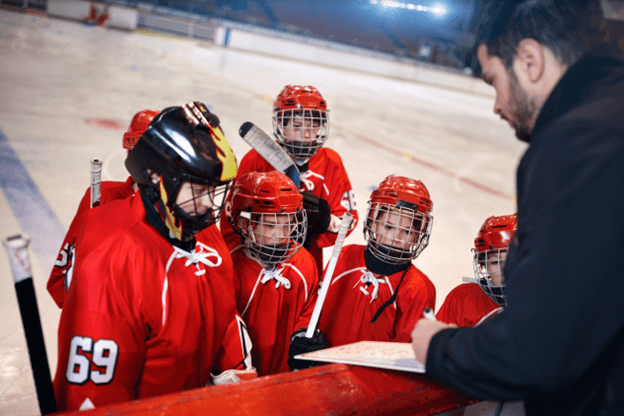
What About the Coach?
Assigning tasks that encourage winning behaviours is a big part of encouraging good team play, but your attitude as the team lead is just as important. Players will quickly come to understand what you seem to value in a player, and if you give them the wrong impression, it can be devastating for morale and team cohesion. Here are a few tips, and some things to watch out for.
- You should praise moments of outstanding teamwork! Whether it succeeds or not, a good play should be encouraged, and you should be loud about it!
- Solicit feedback. Make questions/comments/concerns not scary. Sometimes players (younger ones especially) won’t ask questions at the end of the day because they don’t want to hold up everyone from going home, so be mindful of that.
- A positive atmosphere keeps players from closing up. Rain or shine, be encouraging to the team and don’t let setbacks sour your mood. A team needs to feel safe about communicating with one another, as well as with you.
- Be patient. Progress isn’t a smooth upward slope. Don’t let a player feel like they’re falling behind the rest of the team, or it can cause a divide between teammates.
- Be credible. Don’t treat one player better than another for any reason, whether they be a star performer, a family friend, or your kid! This is crucial because any divide between players, real or perceived, will often lead to cliques forming within the team and the members of one group will feel discouraged or outright resentful about working or talking to another group.
Talking Teamwork with Sports Evaluations
We hope that these tips can help you foster good teamwork. Our expert evaluators can provide you with individualized skill profiles for each of your members, as well as how they can improve on those skills, with teamwork often being one of them. If you are interested in our service, we hope that our software, expertise and advice can make your players into the best team they can be!


